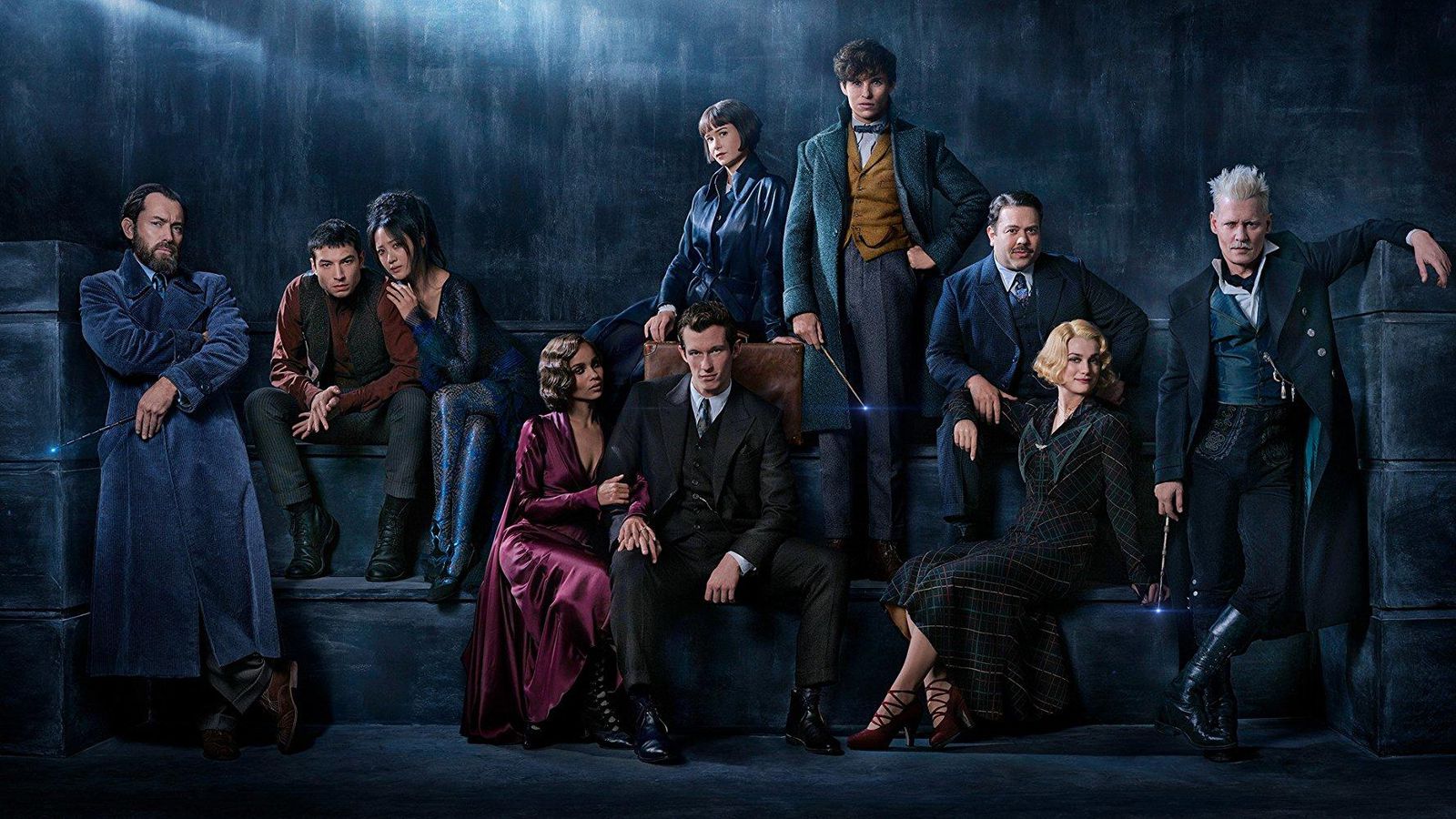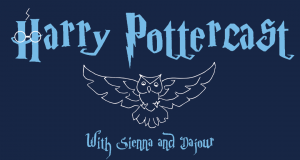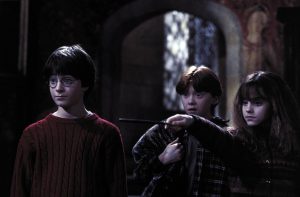With Fantastic Beasts and Where to Find Them (2016), the new Harry Potter prequel series, set over 50 years prior to the events of the original series, was off to a solid start. The film managed to tell a contained and focused story within the context of the larger wizarding world that it was building. Fantastic Beasts: The Crimes of Grindelwald, however, undoes what worked in the first film, leaving a disjointed and ultimately pointless film in its wake.
Taking place after the events of its predecessor, Fantastic Beasts: The Crimes of Grindelwald once again follows Newt Scamander (Eddie Redmayne), who reluctantly accepts a task by Dumbledore (Jude Law) to find Credence (Ezra Miller), a young wizard with immense power, before the dark wizard Grindelwald (Johnny Depp) does. Among this are subplots that feature Credence as he searches for the truth behind his lineage and fan favorites Queenie (Alison Sudol) and Jacob’s (Dan Fogler) struggling relationship. Finally, the film also introduces Newt’s school-best friend, former crush, and current sister-in law to be, Leta Lestrange (Zoe Kravitz), and the dark family secret that she carries.
Most of the cast from the first film returns, albeit in much more subdued, and, at times, downright frustrating roles. Redmayne continues to shine as the shy and morally grounded Newt. Katherine Waterston returns as Tina and although she gives a solid performance, her character loses some of her wit and spark from the first film, leaving her regulated to nothing more than Newt’s love interest. Fogler is hilarious as Jacob, but his entire presence in the film feels forced. The explanation they give for his return is not only unsatisfying, but it completely undoes the emotional significance of his memory being erased at the end of the first film.
However, the most frustrating character out of them all is Queenie, who is given a storyline that not only feels untrue to the character fans grew to love from the first film, but also makes no logical sense after an ounce of thought and retrospection. There’s a scene in the first 20 minutes of the film in which she enchants Jacob and brings him to London so that he’ll marry her. The scene is played off as a humorous and silly situation, but the lack of consent from Jacob is disturbing. It’s made even more problematic by the fact that the film later goes on to rightfully portray a similar kind of enchantment as harmful, and even evil. The Crimes of Grindelwald manages to contradict itself with the way Queenie is written and it’s frustrating to watch, as is the downgrade of all of the four main characters from the first film.
The film pushes aside these main characters to make room for several new ones, with a young Dumbledore being the highlight. Jude Law is absolutely exquisite in this role. He manages to capture the fatherly and wise, yet secretive, essence of Dumbledore perfectly. This is made all the more impressive by the fact that he plays a character that fans of the original series have already known for over two decades. His mannerisms and way of speaking are very familiar, whilst still being an original take on the character, and it was mesmerizing to watch Law in action.
Johnny Depp’s casting as Grindelwald, however, has been wrought with controversy since it was announced, due to the allegations of domestic violence against him by his ex-wife Amber Heard. Depp does give a pretty solid, and at times menacing, performance as Grindelwald, who has a monologue at one point that is eerily chilling and certainly aided by Depp’s portrayal. However, when considering the circumstances of his casting, it becomes difficult to separate the actor from the character, leaving for an uncomfortable viewing experience whenever Depp is on screen.
The new characters in the film are given significant screen time. In Dumbledore’s case, this is welcomed due to Law’s brilliant performance. However, Law is the only exception, and this only results in an incredibly congested narrative. There’s plot twist after plot twist, family secrets galore, and long, exposition heavy scenes that serve no purpose other than to catch the viewer up on a confusing and convoluted plot. The film lacks structure and reveals some serious flaws in J.K. Rowling’s screenwriting.
The original Harry Potter series, books and films, were primarily told through the perspective of a singular character, forcing a cohesive and centered narrative. The Fantastic Beasts series has no such restraints, and as a result J.K. Rowling is allowed to to have the story follow many different narratives at once. This leaves for a confusing mess of a film, one that seems to have no ultimate purpose, one that drifts along without any real goal or endgame.
These issues are emblematic of the larger problem with the series—the fact that it’s going to consist of five films. Knowing that they need to get viewers interested to see each one, this film becomes one in which there is a lot of action without much payoff. There are plot twists that longtime Harry Potter fans will immediately recognize as red-herrings, since they do not make sense given the series’ established timeline, and artificial story developments. It becomes painfully clear that their inclusion was solely to either reference the original series or get people in theaters for the next installment. Nothing in this film is organic or true to itself. It’s all contrived and created for the sake of a five-film series that is unnecessary and, ultimately, feels like nothing more than a cash-grab.
This film does have moments of true wonder that recapture the awe of the wizarding world fans have come to love. There are colourful visuals of large circus tents shrinking swiftly and seamlessly into tiny bags, and large creatures that look stunning and remain interesting to learn about, despite having no real significance to the plot, even though the film series gets its name from these beasts. The film is not without some magic, and it is wondrous to watch in the theater, particularly when we return to iconic locations from the original series.
But these moments are too few and far between. The first film managed to avoid so many of these issues by telling a story that was about a single character navigating within this larger wizarding universe. Fantastic Beasts: The Crimes of Grindelwald is not about the many characters it introduces. It’s not about the plot or the universe either. It’s about the next film in the series, and the next film after that—and that is the worst crime of them all.





